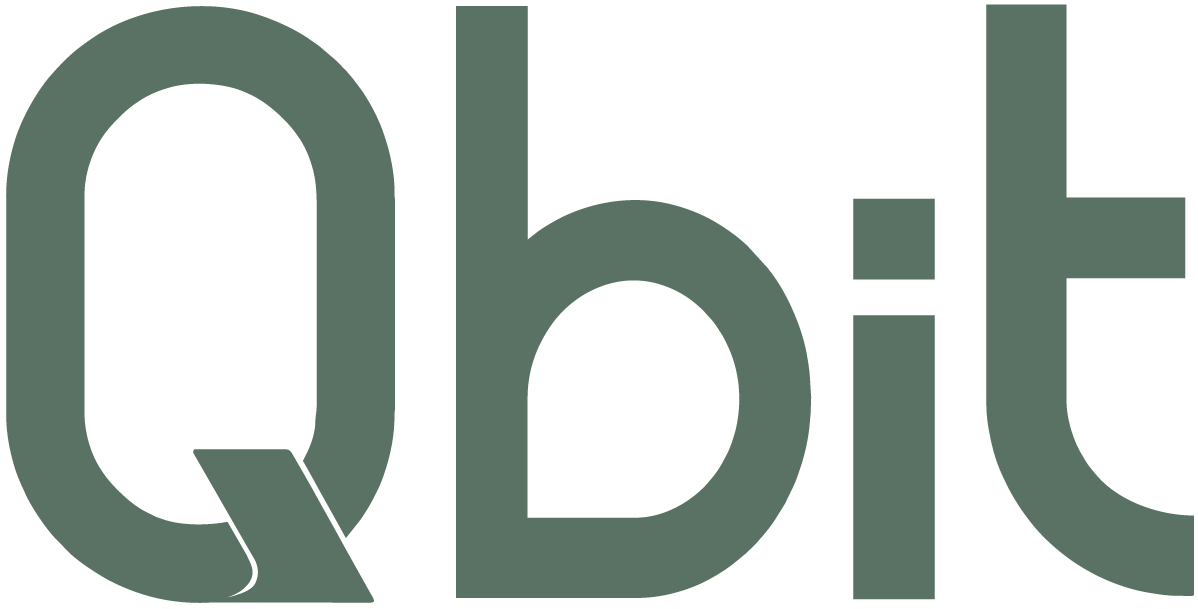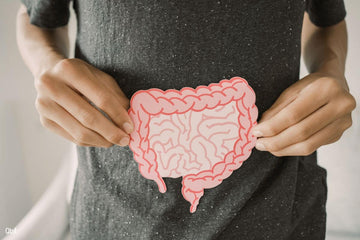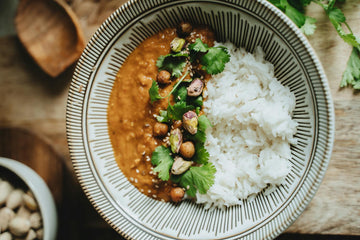Suffering from bloating, fatigue, or skin issues? It might be your gut telling you something’s off. Leaky Gut Syndrome, also known as increased intestinal permeability, allows toxins, bacteria, and undigested food to seep into your bloodstream. The good news? Your diet can either heal or harm your gut.
What is Leaky Gut Syndrome?
Leaky Gut Syndrome occurs when the gut lining gets damaged, forming tiny gaps in the intestinal wall. These gaps allow harmful substances to leak into your bloodstream, causing widespread inflammation and immune reactions.

Common Symptoms of Leaky Gut:
- Digestive issues like bloating, constipation, and gas
- Brain fog and memory issues
- Fatigue and low energy
- Autoimmune flare-ups
- Eczema, acne, and rashes
- Food sensitivities and allergies
Ignoring these signs can lead to chronic health problems—but changing your diet can help restore balance.
What Causes Leaky Gut?
Understanding the root cause of leaky gut helps you prevent it from coming back.
1. Zonulin and Tight Junctions
Zonulin is a protein that manages how tight your intestinal wall remains. When too much zonulin is produced (especially after eating gluten or from infections), the gut lining opens up.
2. Chronic Inflammation
Long-term stress, autoimmune diseases, and infections inflame the gut, damaging the protective barrier and weakening your immunity.
3. Unhealthy Diet
A diet full of sugar, processed foods, gluten, and artificial additives harms the gut lining and feeds bad bacteria, leading to dysbiosis.
Best Foods for Leaky Gut Repair
Prebiotics and Probiotics
Prebiotics feed the good bacteria, while probiotics restore the microbial balance in your gut.
Top Prebiotic Foods:
- Garlic
- Onions
- Asparagus
- Bananas
Top Probiotic Foods:
- Yogurt (with live cultures)
- Kimchi
- Kefir
- Sauerkraut
- Miso
- Sourdough bread
- Probiotic cheese (like Gouda and Swiss)
💡 Try Qbit: A gut supplement that combines prebiotics, probiotics, and essential nutrients in one easy scoop.
Healing Vegetables
- Broccoli & Cabbage: Loaded with sulforaphane and fiber to fight inflammation.
- Carrots: Rich in antioxidants that protect the gut lining.
- Zucchini: Easy on digestion and loaded with vitamins.
Fruits That Support Gut Health
- Berries (blueberries, strawberries): Packed with fiber and antioxidants.
- Oranges & Grapes: High in polyphenols and vitamin C.
- Papaya: Contains papain, an enzyme that aids digestion.
Nuts & Seeds for Gut Repair
- Almonds & Peanuts: High in healthy fats and fiber.
- Cashews & Pine Nuts: Promote microbial diversity and repair gut lining.
Lactose-Free Dairy and Alternatives
- Hard Cheeses (Cheddar, Parmesan): Naturally lower in lactose.
- Lactose-Free Milk: Retains nutrients without triggering symptoms.
- Plant-Based Milks: Almond, oat, and soy milk are good dairy alternatives rich in calcium and vitamin D.
Whole Grains That Soothe
- Oats: Contain beta-glucan to feed good bacteria.
- Quinoa: Gluten-free, high in protein, and easy to digest.
- Rice & Corn: Gentle on the gut and gluten-free.

Probiotic Food Benefits
Yogurt
Contains Lactobacillus and Bifidobacterium—essential for restoring microbial balance.
Kefir
Fermented milk loaded with 30+ strains of good bacteria.
Kimchi
Korean fermented veggies rich in antioxidants and Lactobacillus kimchii.
Sauerkraut
Fermented cabbage supports digestion and reduces gut inflammation.
Miso
Fermented soy paste with enzymes and friendly bacteria.
Sourdough
Natural fermentation reduces gluten content and improves digestibility.
Probiotic Cheese
Cheddar, Gouda, and Swiss are rich in calcium and contain beneficial bacteria.

Foods to Avoid with Leaky Gut
Some foods can worsen gut inflammation and must be reduced or eliminated.
High FODMAP Fruits:
- Apples
- Pears
- Watermelon
- Cherries
- Dates
High FODMAP Vegetables:
- Garlic
- Onions
- Mushrooms
- Asparagus
Problematic Legumes:
- Chickpeas
- Kidney Beans
- Black Beans
- Fava Beans
Sweeteners to Avoid:
- Fructose
- Honey (in excess)
- Xylitol
- Sorbitol
Grains with Gluten:
- Wheat
- Barley
- Rye
Beverages That Irritate the Gut:
- Soda (high sugar, artificial additives)
- Fruit Juice (concentrated fructose)
- Beer & Wine (contain gluten and alcohol)

Sample Meal Ideas for Gut Health
Breakfast Ideas
- Greek Yogurt Parfait: Layered with berries and chia seeds.
- Oatmeal Bowl: Made with almond milk and bananas.
- Avocado Toast + Poached Eggs: On gluten-free or sourdough bread.
Lunch & Dinner
- Power Salad: Spinach, grilled chicken, olive oil, and seeds.
- Veggie Omelet or Frittata: Filled with gut-friendly veggies.
- Quinoa Stir-Fry: With zucchini, broccoli, and tofu or shrimp.
Gut-Healing Snacks
- Rice crackers with peanut butter
- Grapes and probiotic cheese
- Overnight oats with dark chocolate nibs
Conclusion
Your gut is the gateway to your overall health. Nourishing it with the right foods can reverse inflammation, repair the intestinal wall, and boost energy, skin clarity, and immune function. Eliminate gut-damaging foods and start incorporating a leaky gut diet plan centered on whole, anti-inflammatory foods.
Need a gut health boost? Add Qbit to your routine—an all-in-one supplement designed to heal your gut lining and support digestive balance with prebiotics, probiotics, and essential nutrients.
FAQs
1. How fast can leaky gut heal?
It depends, but many people notice improvements in 2–12 weeks with consistent dietary changes.
2. Are bananas okay for leaky gut?
Yes, especially unripe bananas—they're a great source of prebiotics.
3. Can I still eat bread?
Yes, but choose sourdough or gluten-free options.
4. Do supplements like Qbit really help?
Yes, especially when paired with the right foods. Qbit provides essential gut-healing compounds in one blend.












